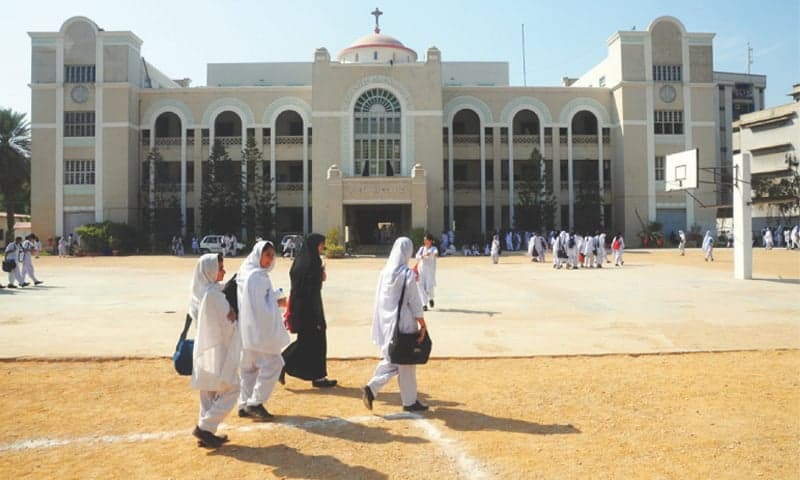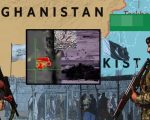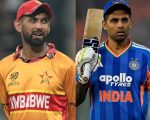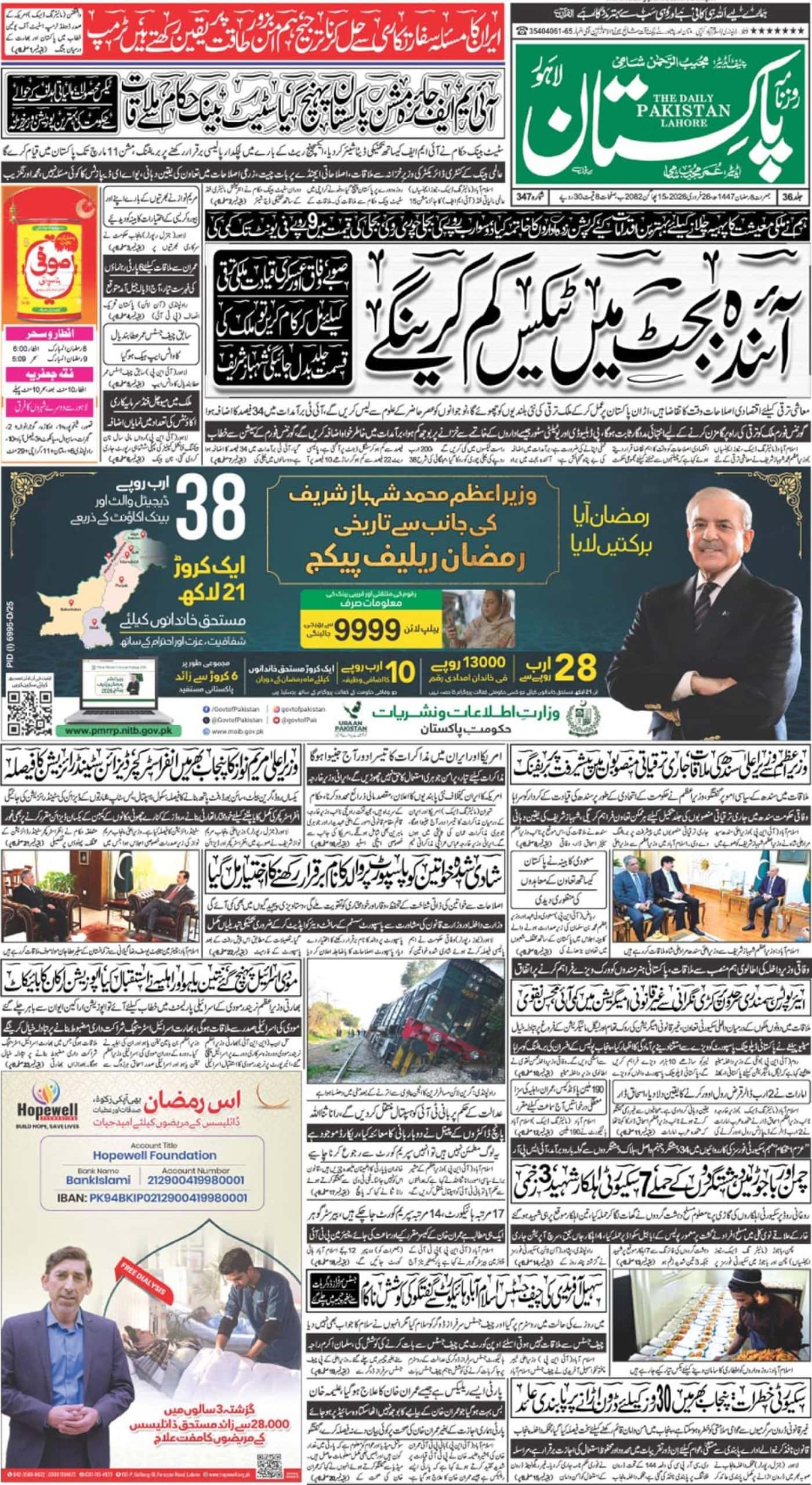Justin Minhas believes that the biggest obstacle in his dream to reach the National Assembly of Pakistan through a well-contested election is an elite mafia that has captured all key offices and holds influence in major political parties. According to Justin, “Elite families have captured the offices in PML-N, PPP, PTI, and so on, which do not allow other Christians to enter politics.” Justin holds a degree in politics and international relations from a US university and aspired to help his community raise their voices at the right forum but to no avail.
The constitution of Pakistan prohibits minorities from electing their representatives to the assemblies directly. Instead, political parties are responsible for appointing individuals from minority communities to these positions. Out of 1027 seats in the National Assembly, Senate, and the four provincial assemblies, thirty-seven seats are reserved for minorities. These reserved seats are meant to be proportionally distributed among political parties based on their electoral strength in general elections, as per Article 51(2A) for the National Assembly and Article 106 for Provincial Assemblies.
According to the 2017 census, the religious breakdown of the population is as follows: Muslims: 200,362,718; Hindus: 4,444,870; Christians: 2,642,048; Ahmadiyya: 191,737; and others (including Zoroastrians, Sikhs, and Buddhists): 43,253. In Pakistani politics, people hailing from religious minority backgrounds encounter a host of obstacles when they participate in the democratic process. Despite measures towards inclusivity, the path to political engagement for these citizens is riddled with systemic challenges, including discriminatory laws, blasphemy laws, violence and intimidation, social stigma, unequal access to resources, educational challenges, and institutional biases.
Sarwan Kumar Bhil, a representative of the Bhil community, also shares Justin’s concerns, saying that both the state and the privileged, upper-class Hindus sideline the scheduled Hindu castes. “No scheduled caste Hindu sits on any government commission or has ever become an MPA or MNA on reserve seats. You will see familiar faces in assemblies on different party tickets every time.” He demanded that the National Minority Commission have a Bheel community representative and political parties end ‘pick and choose’ in the matters of the minority.
According to a study by the Centre of Social Justice conducted in 2022, there have been 90% of similar representatives from political parties on minorities since the 2008 elections. Political parties say that since electability is a factor, parties have to vote for politicians with a vote bank. PML-N’s Azma Bukhari noted that her party’s minority wing was very active, and those people who kept their votes mobilized won party nominations for the assemblies. She said the branch provides legal services to needy people, arranges interfaith dialogue, etc. PPP’s Aslam Gill said that his party had introduced new faces in the 2018 elections and gave general assembly seats to Hindus in Sindh.
Dr Qais Aslam, a social scientist, blames low literacy rates among religious minorities for their political inactivity. A survey by the Punjab Bureau of Statistics on the “social and economic well-being of women” in 2022 reveals a higher-than-average illiteracy rate (64%) among minority women in the province. “The enduring gap in literacy rates speaks for political marginalization and a dearth of opportunities for marginalized sections of society,” he says.
In conclusion, the path to political engagement for people hailing from religious minority backgrounds in Pakistan is riddled with systemic challenges, including elite capture of politics, discriminatory laws, blasphemy laws, violence and intimidation, social stigma, unequal access to resources, educational challenges, and institutional biases. These challenges must be addressed for minorities to be equally represented in politics and have their voices heard in the democratic process.














